No, It’s Not Overrated
November 10, 2021
Have you ever felt like your conversation with someone goes so smoothly that it feels like you’ve met your other half? That occurs when you’re chatting with someone who has a similar thought process, interests, or personality as you do. The MBTI’s main asset is its ability to help you find your platonic soulmate. I can confidently say that people with the same, or compatible personality types, will always get along.
MBTI easily explains the basics of your personality – it’s not meant for a detailed analysis of someone’s preferences or life story, but it’s extremely helpful when it comes to finding general similarities and differences with people you’ve just met. Immediately being able to find someone whose personality is compatible with yours is a huge perk, and it makes socializing that much easier. You can avoid certain types of people you know you won’t like, and automatically recognize types you might agree with.
We all grow and change with time – to get to know the part of yourself you might discover in the future, knowing your MBTI type can be useful to you. We may want to gain advice from those who are older and wiser, but the same advice doesn’t work for everyone. Because the Myers-Briggs test is popular around all ages internationally, hearing wise words from someone with your categorization might be helpful. You might even get good advice on overcoming common struggles for your personality type.
Many students find it difficult to figure out what they should do for a living. Using the Internet, you can easily find what types of jobs fit different personality types. For example, I am an ENFJ, most suited to being a therapist, while my polar opposite, the ISTP, is said to make a good mechanic. If I had to choose one job among those two, I would definitely choose to be a therapist over being a mechanic. The job recommendations the MBTI type offers can be insightful and precise. I believe this will guide those who struggle to figure out a path in life.
Depending on a person’s mindset, their expectations for how you speak or act vary greatly. After collecting their personality types, I surveyed 30 high school students at Daegu International School to figure out how they feel differently about the same question. “Imagine you were in a car accident and you called your friend to tell them about it. The first thing your friend says to you is “Do you have car insurance?” In this scenario, would your feelings be hurt?” According to the result, 68.4% of people with the F (Feeling) subtype said yes and 69.2% of the T (Thinking) said no. “F”s are more aware of emotions and feelings while “T” judgments are based on logic. “F”s would prefer if the friend asked about how they were, and if they got hurt, rather than asking about the details of insurance and the like. Knowing someone’s MBTI will help you avoid offending others, too.
MBTI is more than just a personality test: it can entertain you, help create strong bonds, and give you a fun topic to talk about with others. But even if the MBTI test is not credible at all, if you’re having fun with it and relating to it, what’s the worst that would happen? There are various entertaining things such as memes, YouTube content, and more made out of the MBTI traits you can discover. Don’t be a bummer and shoot down a fun personality test. Give it a chance – you make new friends, new insight, and even a potential career path.










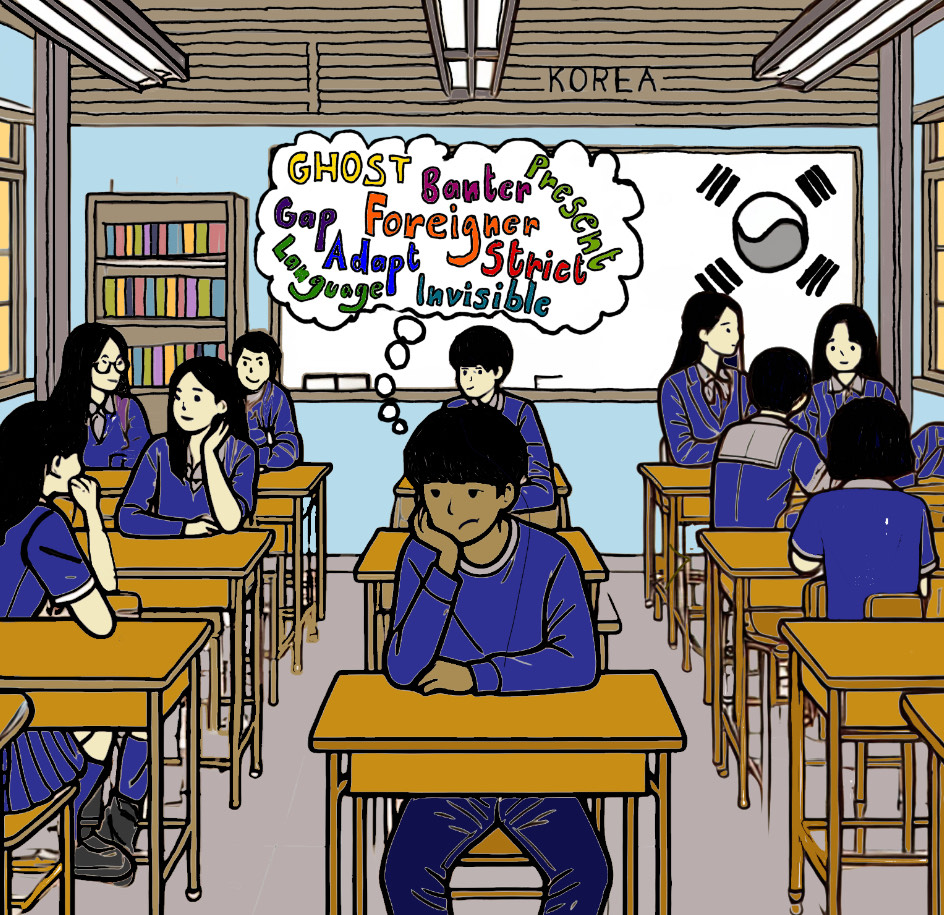




























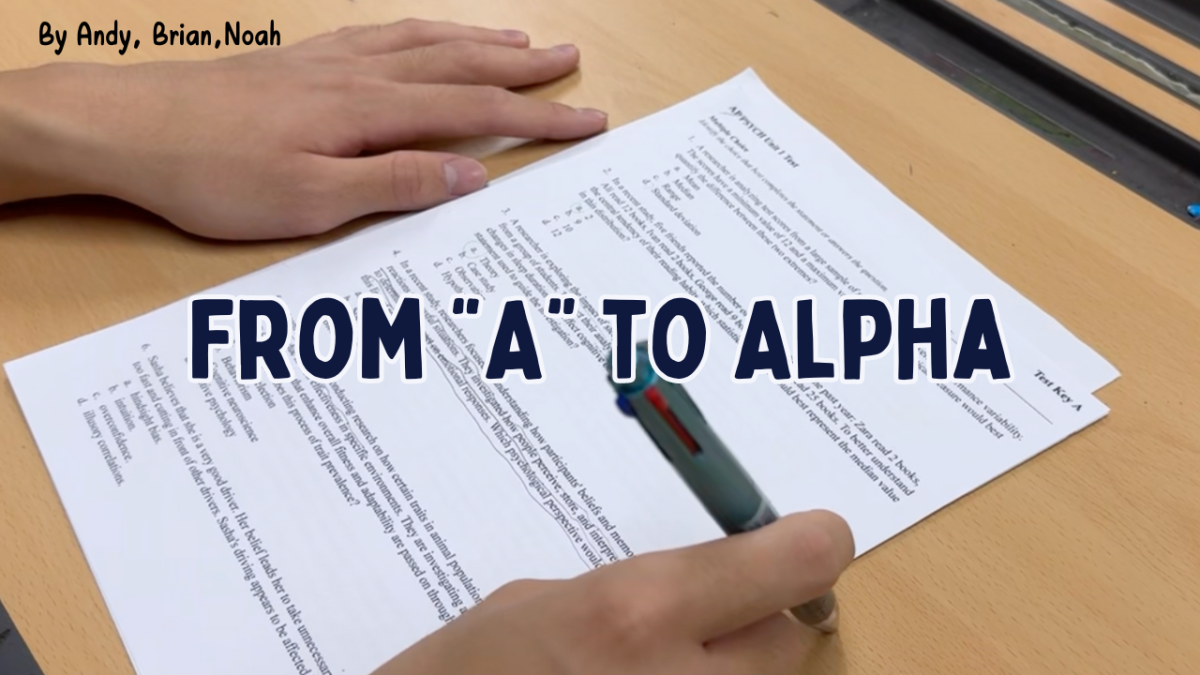
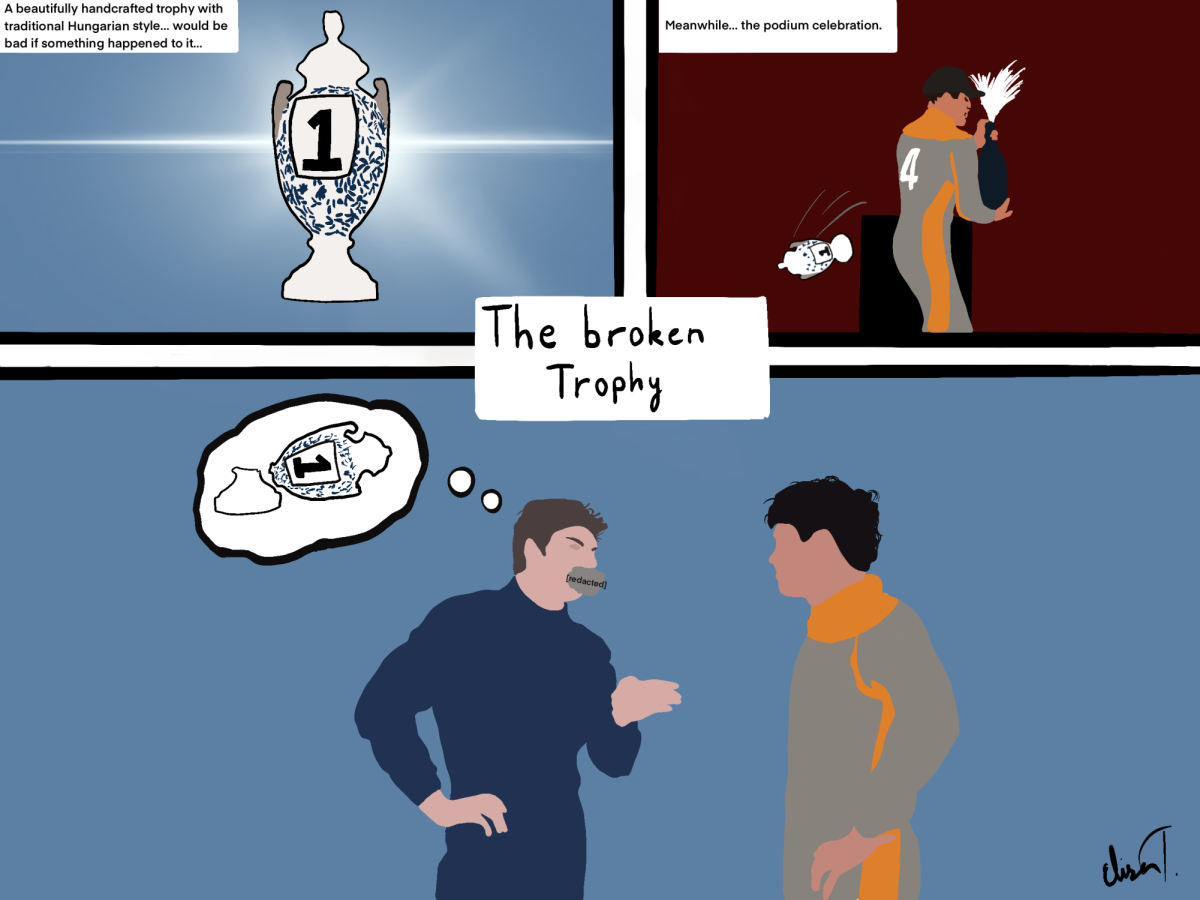
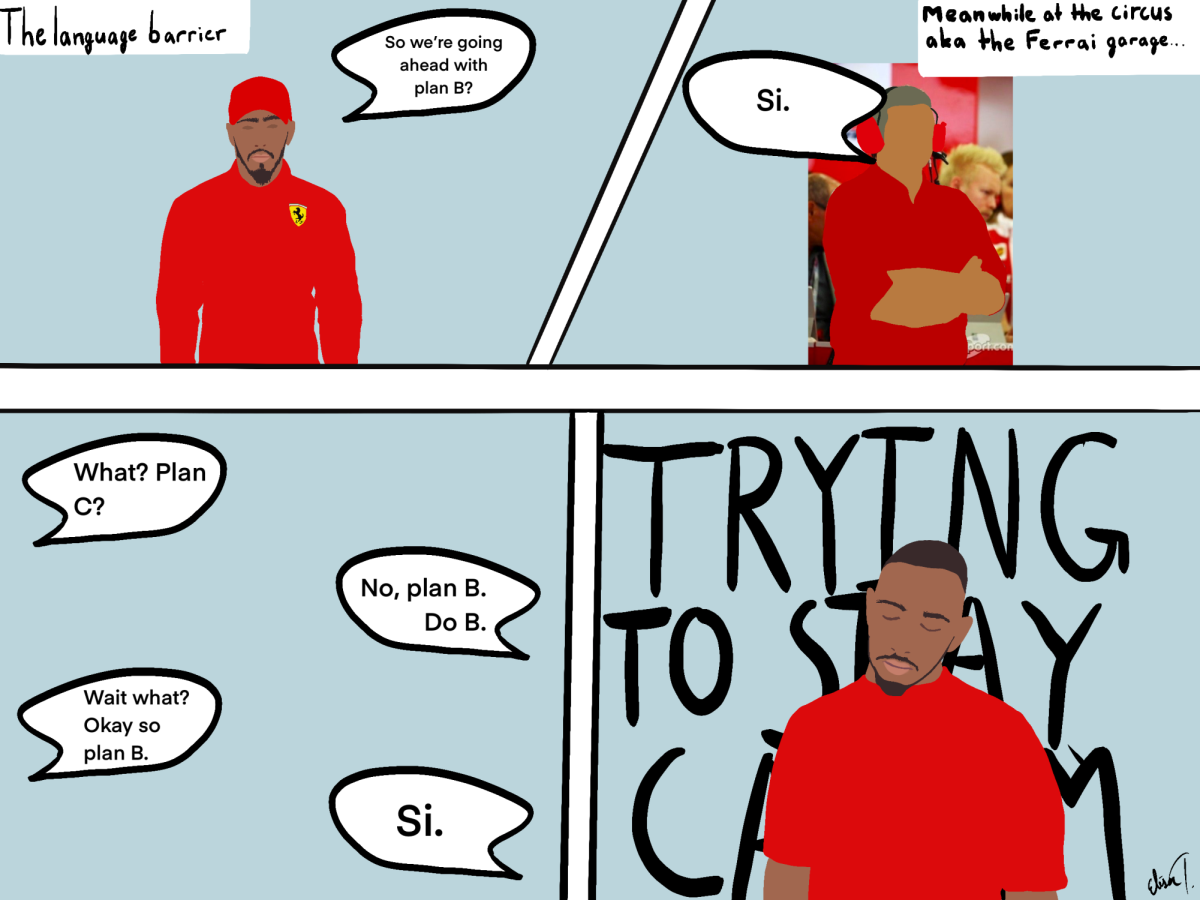
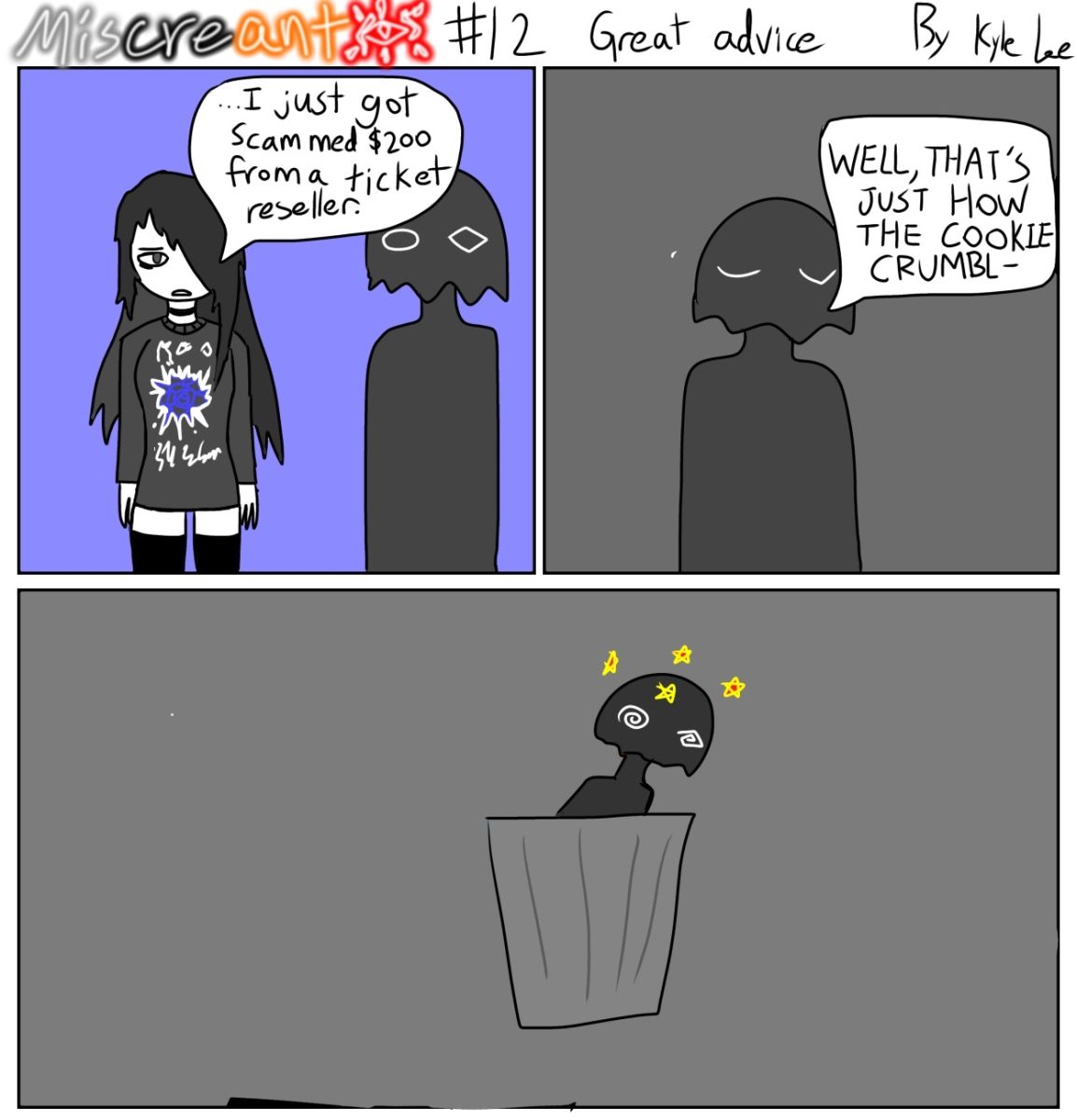
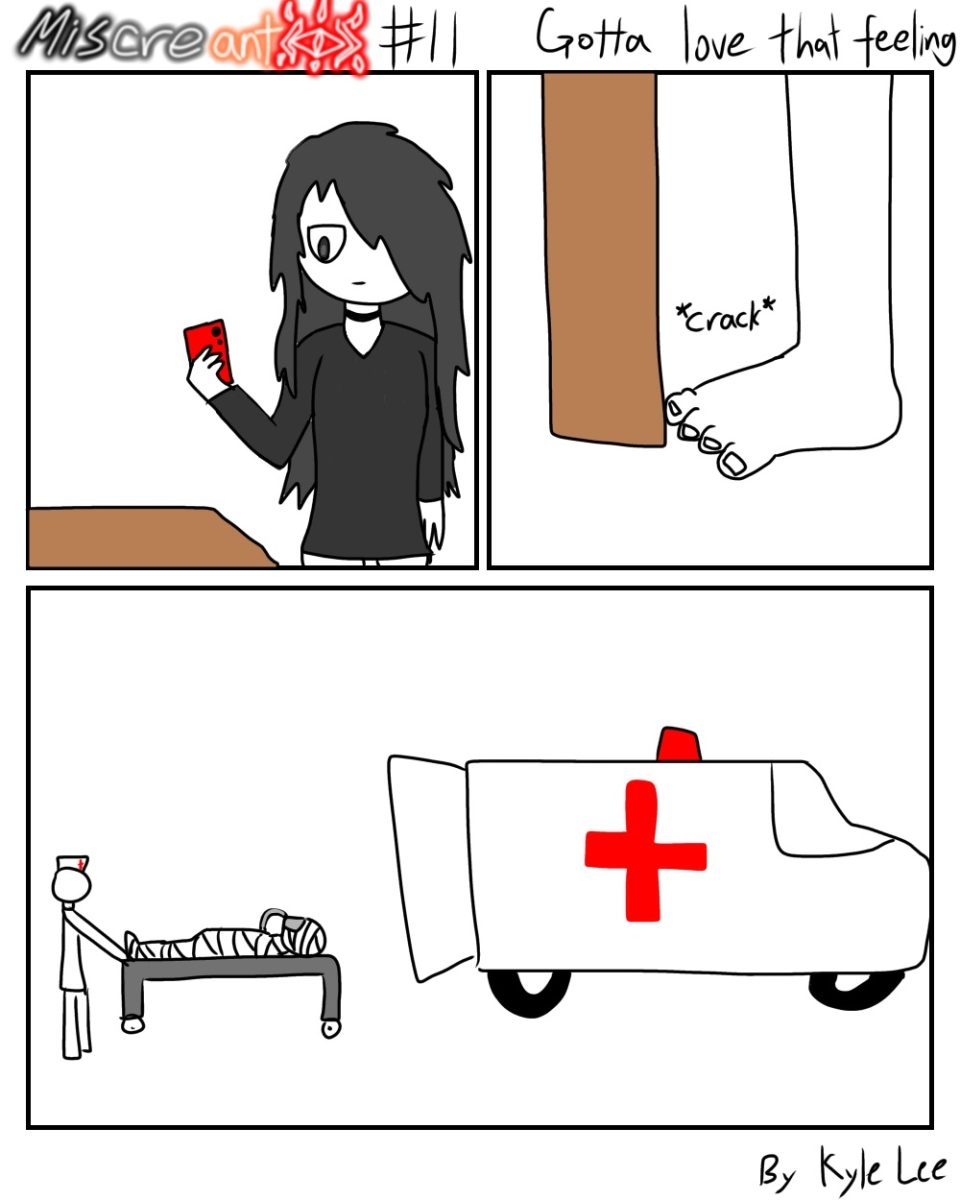


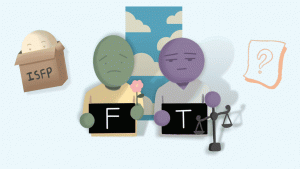
adviser • Dec 13, 2021 at 9:42 pm
MBTI is myth – signed an AP PSYCH teacher